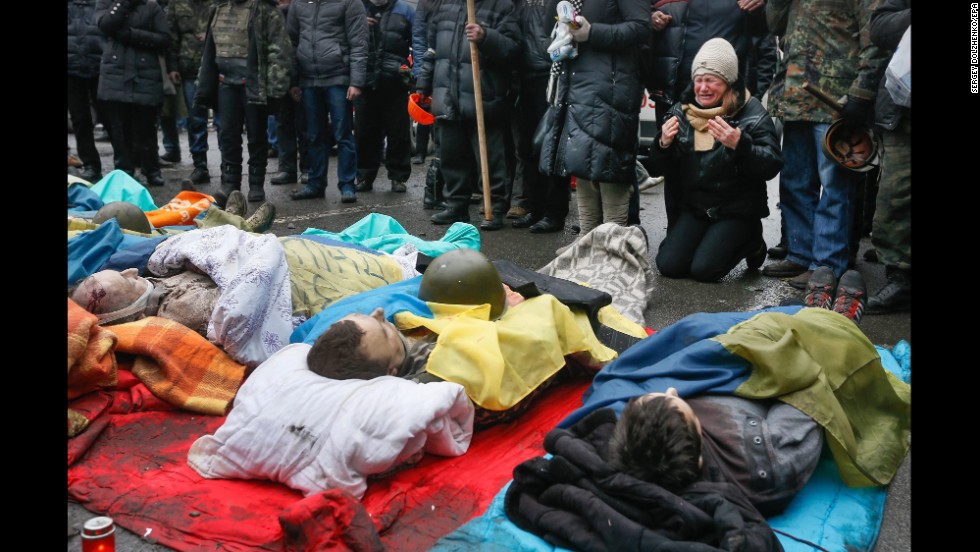Every year, thousands of older women across the globe fall victim to violence and homicide, yet this silent crisis often escapes public attention. The brutal reality of older women being killed is a deeply concerning issue that demands immediate recognition and action. This tragic phenomenon, often overshadowed by other social issues, has profound implications for our communities and societies.
The term "Silent Crisis: Older Women Killed" refers to the disturbing trend of violence against elderly women that remains largely unreported and unaddressed. Despite being among the most vulnerable groups in society, these women face significant risks that are often ignored by policymakers and the public alike. Understanding the root causes and consequences of this crisis is essential for creating safer environments for all.
By exploring the various dimensions of this issue, we aim to shed light on the factors contributing to the vulnerability of older women and highlight potential solutions. This article delves into the complexities of this silent epidemic, offering insights, statistics, and expert opinions to foster awareness and inspire change. Together, we can work towards a future where every woman, regardless of age, feels safe and protected.
Read also:Holly Rowe Son A Deep Dive Into The Life And Legacy
Table of Contents:
- Biography and Background
- Understanding the Issue
- Key Statistics
- Causes of Violence Against Older Women
- Potential Solutions
- Case Studies
- Legal Frameworks and Policies
- The Role of Communities
- Global Perspective
- Future Directions
- Conclusion and Call to Action
Biography and Background
While this article focuses on the broader issue of violence against older women, it is essential to recognize the individual stories behind the statistics. Each victim has a unique background, experiences, and contributions to society that deserve acknowledgment.
Data and Personal Information
Below is a table summarizing key demographic information about older women affected by violence:
| Age Range | Geographical Location | Socioeconomic Status | Marital Status |
|---|---|---|---|
| 60-70 years | Urban areas | Middle to lower income | Widowed or single |
| 70-80 years | Rural areas | Lower income | Married or divorced |
Understanding the Issue
Violence against older women is a multifaceted problem that intersects with various social, economic, and cultural factors. This section explores the nature of the issue and its implications.
Forms of Violence
Violence against older women manifests in different ways, including:
- Physical abuse
- Emotional and psychological harm
- Financial exploitation
- Neglect and abandonment
Key Statistics
Data from reputable organizations such as the World Health Organization (WHO) and the United Nations highlight the alarming prevalence of violence against older women:
Read also:Clinton Brown The Remarkable Journey Of A Visionary Leader
- Approximately 1 in 6 older women experience some form of abuse.
- In certain regions, homicide rates among older women have risen significantly over the past decade.
- Only a fraction of these cases are reported, indicating a vast underrepresentation of the issue.
Causes of Violence Against Older Women
Several factors contribute to the vulnerability of older women:
Social Isolation
Many older women live alone or in isolated conditions, making them more susceptible to abuse.
Economic Dependence
Limited financial resources often force older women to rely on family members, increasing their risk of exploitation.
Potential Solutions
Addressing this silent crisis requires a comprehensive approach involving multiple stakeholders:
Community Support Programs
Establishing support networks for older women can significantly reduce their vulnerability.
Education and Awareness
Raising awareness about the issue through campaigns and educational initiatives is crucial for fostering change.
Case Studies
Examining real-life examples provides valuable insights into the challenges faced by older women:
Case Study 1: Rural Communities
In rural areas, older women often face unique challenges due to limited access to resources and services.
Legal Frameworks and Policies
Strengthening legal protections for older women is essential for ensuring their safety:
International Agreements
Frameworks such as the Convention on the Elimination of All Forms of Discrimination Against Women (CEDAW) play a vital role in addressing this issue.
The Role of Communities
Communities have a critical role in supporting older women and promoting their well-being:
Volunteer Initiatives
Encouraging community members to volunteer can create a supportive environment for older women.
Global Perspective
The issue of violence against older women is not confined to a single region; it affects communities worldwide:
Regional Differences
Cultural and socioeconomic factors influence the prevalence and nature of violence against older women in different parts of the world.
Future Directions
Looking ahead, it is essential to focus on innovative strategies for addressing this silent crisis:
Technology and Innovation
Leveraging technology can enhance the safety and security of older women through monitoring systems and communication tools.
Conclusion and Call to Action
In conclusion, the silent crisis of older women being killed is a pressing issue that demands immediate attention. By understanding the root causes, implementing effective solutions, and fostering community support, we can create a safer world for all women. We urge readers to share this article, engage in discussions, and take action to combat this epidemic. Together, we can make a difference.
References:
- World Health Organization. (2021). Global Status Report on Violence Against Women.
- United Nations. (2020). Ageing in the Twenty-First Century: A Celebration and a Challenge.
- Convention on the Elimination of All Forms of Discrimination Against Women (CEDAW).


